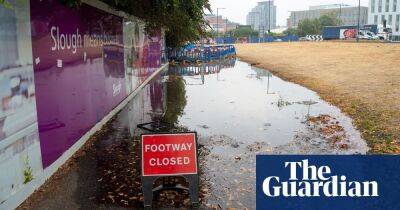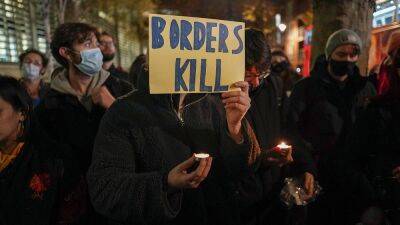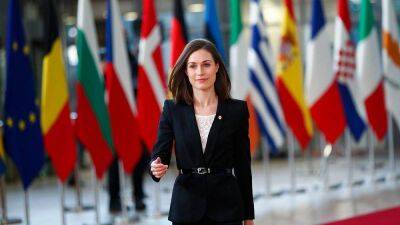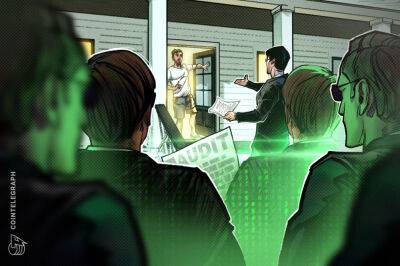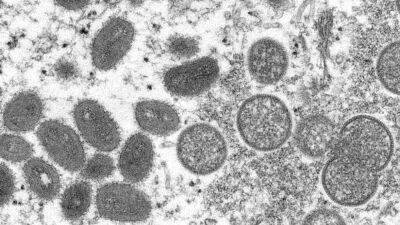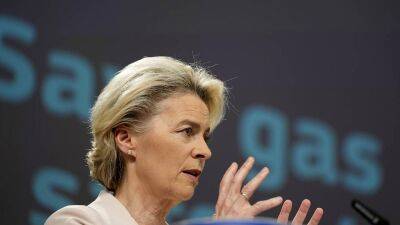Monkeypox: WHO declares global health emergency over 'extraordinary' outbreak
WHO has declared an international health emergency over the monkeypox outbreak, which has affected nearly 17,000 people in 74 countries.
The chief of the World Health Organization described the surge in monkeypox infection as "extraordinary", while triggering the highest level of alert on Saturday.
“We have an outbreak that has spread around the world rapidly through new modes of transmission about which we understand too little and which meets the criteria in the international health regulations,” WHO director-general Tedros Adhanom Ghebreyesus said at a press conference.
Declaring a "public health emergency of international concern", he said the risk of monkeypox was relatively high across the world, including in Europe and North America, where it is not normally found.
This is the first time the chief of the UN health agency has taken such an action.
An international emergency is the WHO's highest level of alert, but this designation does not mean a disease is especially lethal or infectious.
WHO's emergencies chief, Dr Michael Ryan, said the organisation put monkeypox in that category to ensure the global community takes the current outbreak seriously.
"It's a call to action," said Dr Ryan, hoping the move would lead to collective action against the disease.
Dr Ghebreyesus made the declaration without agreement among experts in the WHO's emergency committee, who remain divided over whether it is necessary to trigger the highest level of alert.
Detected in early May, the unusual upsurge in cases of monkeypox, outside the countries of central and western Africa where the virus is endemic, has since spread throughout the world, with Europe as its epicentre.
The disease has now struck more than 16,836 people in 74
Read more on euronews.com



